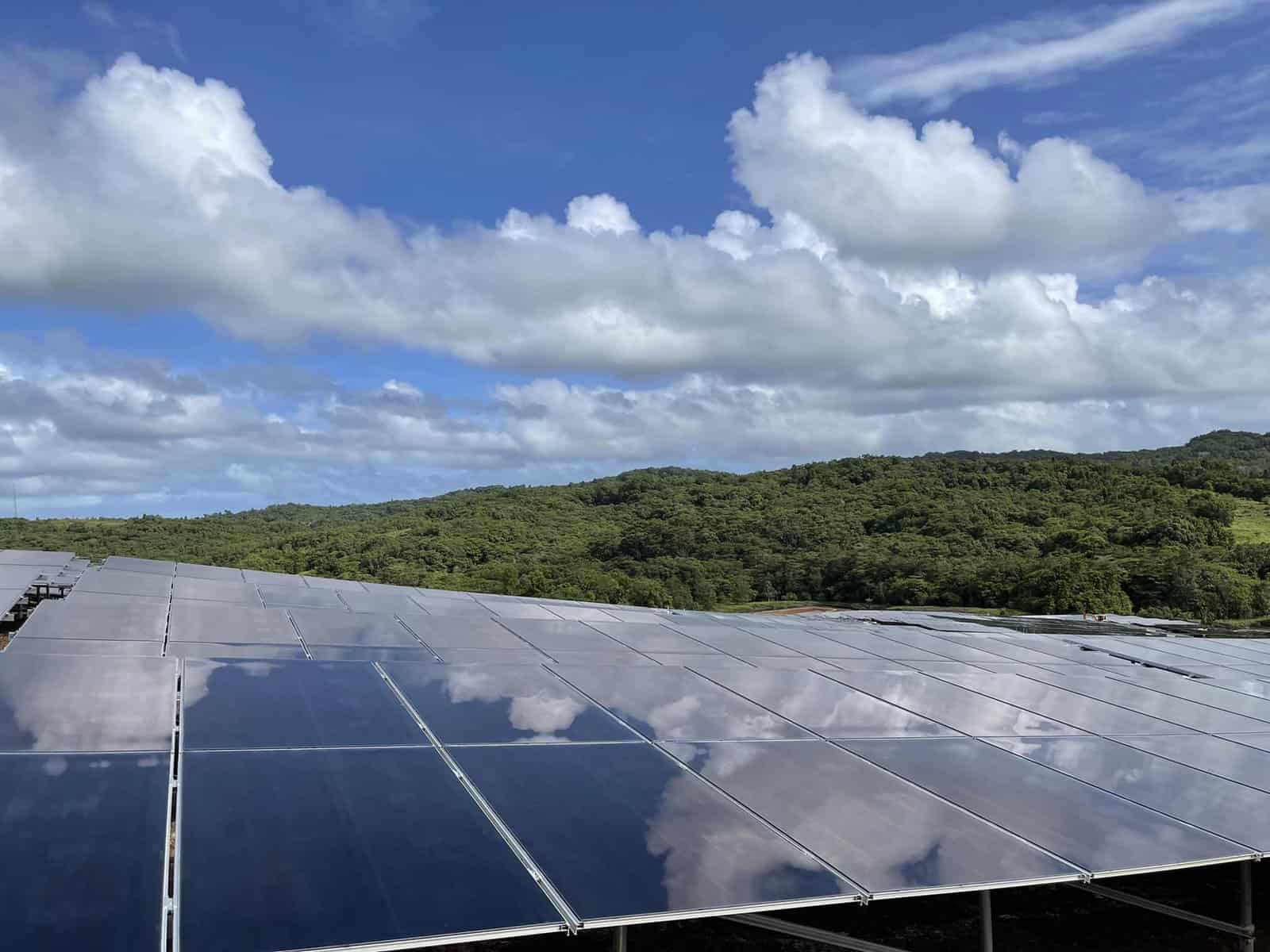The Palau Public Utilities Corporation (PPUC) is undergoing a significant transformation driven by new energy technologies.
This shift, centred on merging solar energy with existing diesel-generated power, presents both challenges and opportunities for the island nation.
The move toward renewable energy aligns with Palau’s national climate goals and its commitment to reduce reliance on fossil fuels. The Net Metering Act, passed to incentivize solar adoption, has seen rooftop panels generate a significant portion of the country’s power. According to PPUC, rooftop solar contributed five percent of total energy in 2019, rising to roughly 30 percent by 2024.
However, integrating these different technologies comes with difficulties. PPUC struggles to track rooftop solar usage and manage excess energy fed back into the system due to its fluctuating nature.
In March 2024, PPUC acquired energy from Palau’s first commercial Independent Power Producer (IPP), a solar company. This allowed them to replace two diesel generators with solar power. While a positive step towards renewable energy goals, the IPP system currently lacks battery storage, limiting its ability to maximise excess energy.
“This is a deliberate decision,” explained Anthony Rudimch, a PPUC engineer, regarding the exclusion of battery storage in the IPP bid. “Owning the storage allows us to control energy release and manage costs more effectively.”
PPUC faces the challenge of integrating these new systems with aging diesel infrastructure. Kennard Sugiyama, manager of PPUC’s Renewable Energy Department, acknowledges the incompatibility between existing infrastructure and solar power. “There’s a lot of behind-the-scenes work to synchronize everything electronically and manually to minimise disruptions,” he said.
President Surangel Whipps Jr addressed the issue of excess solar production at a press conference in April 2024. “We’re considering pausing solar installations until we have sufficient battery storage or alternative uses for the energy,” he stated.
Despite the challenges, there are signs of progress. Japan’s JICA is assisting with replacing power lines on Babeldaob’s east coast with insulated lines, improving redundancy. Additionally, PPUC is seeking funding for battery storage solutions.
